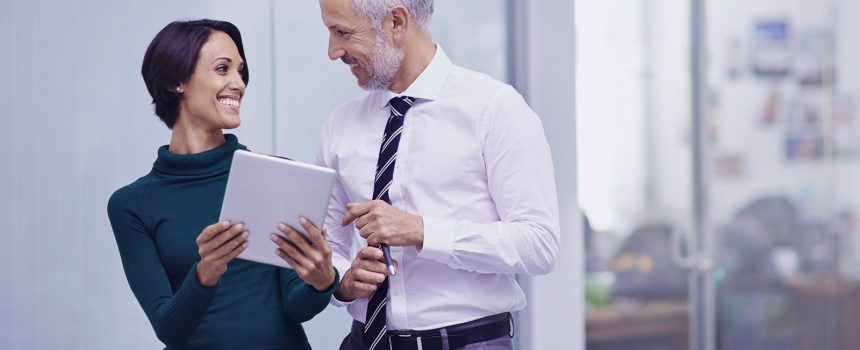No doubt you’ve heard that trust is required in today’s business relationships. Few people, however, can actually define what trust is. Mistakenly, many salespeople with strong values automatically assume that because they are good people they are trustworthy. It frustrates and surprises them when they come to realize that their prospects don’t really trust them.
It’s critical for us to realize that trust does not necessarily depend on good character. I know this sounds strange, but people with very poor character can enjoy high levels of trust. In fact, some of the highest levels of trust are enjoyed amongst members of the most notorious and criminal gangs!
We need to step back and realize that trust is a function of shared goals and shared values. The criminals who are arrested and refuse to cooperate with police know their colleagues trust them because they all share the same goals and the same values. In fact, members of gangs, because of their clearly defined goals and values, sometimes enjoy higher levels of trust than members of churches!
In the business world, you can improve your trustworthiness by following these simple steps:
1. Understand Goals
Ensure you understand the most important goals of the people you are selling to and ensure you are truly committed to helping them achieve those goals. In a fast-changing world, it is difficult to anticipate what tomorrow may bring. This is not unlike a sports team that cannot predict how the game will unfold. What they can predict, however, even to the point of taking it for granted, is that everyone on the team will always act in ways that advance the team towards its goal of winning the game. This is called “buy in”. Do your customers see that you are bought in to their goals? When your customers come to realize you are committed to the same goals as them, their trust in you will immediately increase.
2. Share Values
Ensure you have shared values. Our values govern how we do what we do. A team player that cheats and believes that the ends justify the means will invariably engage in activities that the rest of the team finds distasteful. People need to have a sense of reassurance that engaging with you will not compromise their core values. When I say shared values, this doesn’t mean that you must articulate your values in the exact same way they articulate theirs. It means your values and theirs must resonate. They must be complementary and you should experience a natural chemistry when working together.
3. Be Proactive
Having shared goals and shared values enables people to feel safe with you. This, however, is not enough. Organizations are facing tremendous pressure. They need their team members to be creative and proactive. As a team member, you need to demonstrate that you think deeply about your customer, and consequently, you are able to come up with ideas that are compelling and refreshing. Even if your ideas are not acted upon, your gesture will not be forgotten and you are likely to be seen as part of their inner circle.
Most people understand that trust takes time, but they are frustrated when, with the passage of time, they seem to be no further along. Yes. Trust takes time, but it also takes thoughtfulness. Take the time to understand your customers’ goals and their values. Demonstrate that you understand and share their goals and values, and finally, be creative and proactive in how you help your customers win. Do these three things and you’ll be rewarded with greater trust and a more profitable business relationship.












Comments